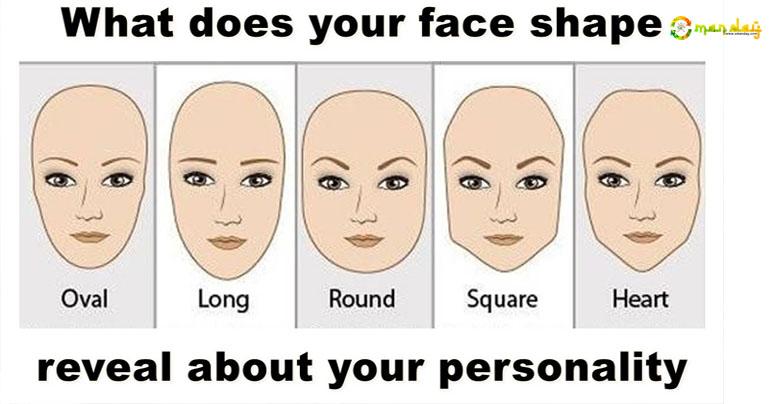Sunday, June 23, 2019
"Your Life is Written on Your Face"
Anyone can agree that facial expressions are universally understood. Rosenblum (2010) wrote "Research suggests that by the time you're in your seventies, strangers will be able to perceive something about your emotional life simply by looking at photographs of your face. By this age, your face will be better at conveying some emotions than others." With this being said, it is a fact that our faces indicate some aspects of our personality, even if they are miniscule characteristics. As mentioned in the book, the more you physically express an emotion, the more people will be able to identify you in that specific state of emotion. For example, if you're somebody who is generally happy, then your facial muscles are used to smiling and you will exhibit this even subconsciously. If you're somebody who is often sad then people will generally identify you as someone who is emotionally distraught. Essentially, our personality characteristics are most often translated to our faces.
Subscribe to:
Post Comments (Atom)

This is a very interesting article and makes a lot of sense to me. As you would guess, when you smile and are happy more often then not, the muscles in your face may shift and begin to sculp towards how often you use them when happy or smiling. Stating that, "our personality characteristics are most often translated to our faces," is a great way to describe how smiling or not smiling can really show a lot of our emotions without speaking or expressing them.
ReplyDelete